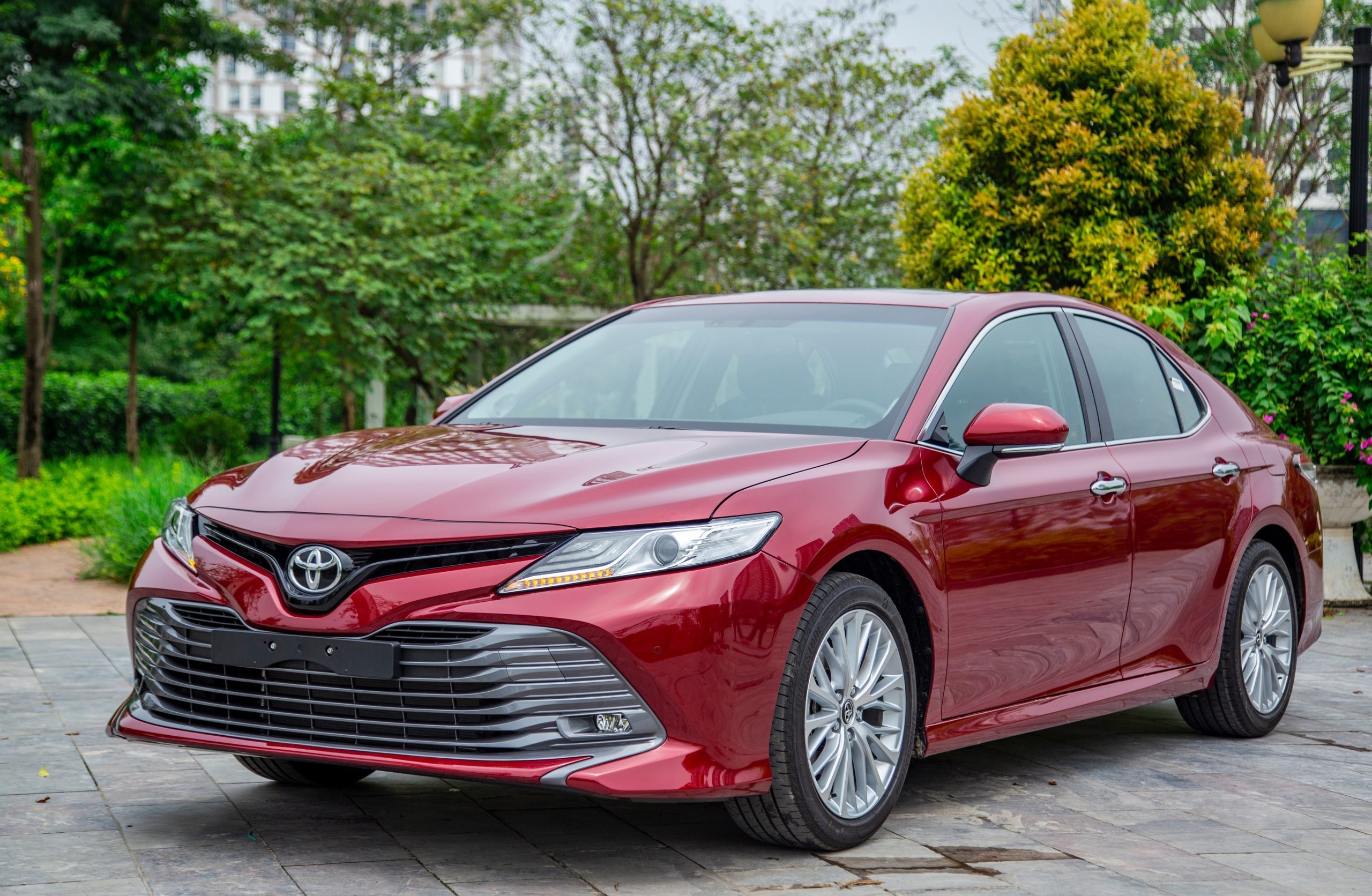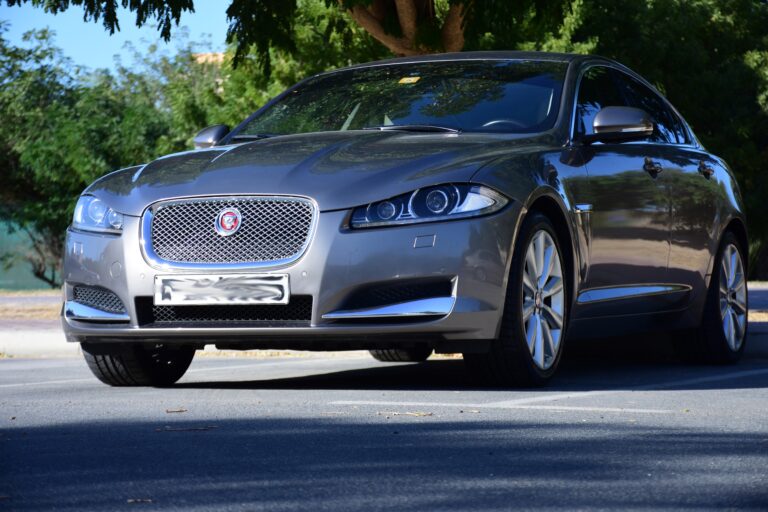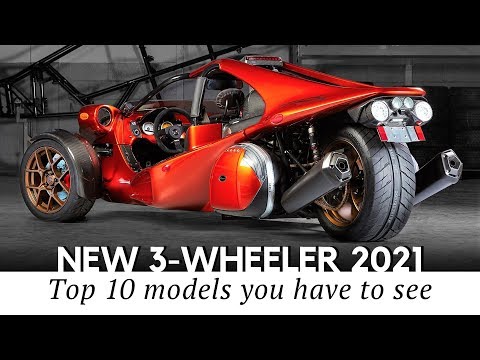Car Brands Starting With P: A Comprehensive Guide to Performance, Pedigree, and Practicality
Car Brands Starting With P: A Comprehensive Guide to Performance, Pedigree, and Practicality cars.truckstrend.com
The automotive world is a vibrant tapestry of engineering marvels, design philosophies, and brand legacies. Within this vast landscape, certain letters of the alphabet seem to hold a disproportionate share of iconic names. Among them, the letter ‘P’ stands out, representing a remarkable spectrum of car brands that have shaped, and continue to shape, the global automotive industry. From blistering hypercars and precision-engineered sports machines to dependable family vehicles and burgeoning electric innovators, "Car Brands Starting With P" encapsulate a diverse array of automotive excellence.
This comprehensive guide delves into the fascinating world of these ‘P’ brands, exploring their unique contributions, market positions, and the distinctive characteristics that set them apart. Whether you’re an automotive enthusiast, a prospective car buyer, or simply curious about the names behind the badges, understanding these brands offers valuable insights into the past, present, and future of transportation.
Car Brands Starting With P: A Comprehensive Guide to Performance, Pedigree, and Practicality
The Pillars of Performance and Luxury: Porsche, Pagani, and Polestar
When the discussion turns to high-performance and luxury vehicles, three prominent ‘P’ brands immediately come to mind, each representing a distinct facet of automotive aspiration.
Porsche: The Epitome of German Engineering and Sporting Prowess
Porsche, a name synonymous with precision engineering and exhilarating performance, hails from Germany. Founded by Ferdinand Porsche, the company has, for over 70 years, crafted some of the most desirable sports cars, SUVs, and now, electric vehicles in the world. The iconic 911, with its instantly recognizable silhouette and rear-engine layout, remains the heart of the brand, continually evolving while staying true to its heritage.
Beyond the 911, Porsche has successfully expanded its lineup to include the Boxster and Cayman (mid-engine sports cars), the Panamera (a luxury sports sedan), and the highly successful Cayenne and Macan SUVs, which have significantly bolstered the company’s financial strength. More recently, Porsche has embraced electrification with the groundbreaking Taycan, an all-electric sports sedan that delivers blistering performance with zero emissions, and the upcoming Macan EV.
Porsche’s philosophy revolves around "Intelligent Performance" – a commitment to not just raw power, but also efficiency, lightweight construction, and superior driving dynamics. Owning a Porsche is often seen as a statement of discerning taste, a blend of driving passion, and an appreciation for meticulous craftsmanship. The brand’s robust motorsport heritage, including numerous Le Mans victories, continuously informs its road car development, ensuring that every vehicle carries the DNA of a champion.
Pagani: Italian Artistry in Hypercar Form
At the absolute pinnacle of automotive exclusivity and artistry sits Pagani Automobili, an Italian manufacturer of hypercars that transcends mere transportation to become rolling sculptures. Founded by Horacio Pagani in 1992, the company’s philosophy is rooted in a blend of art and science, drawing inspiration from Renaissance master Leonardo da Vinci’s belief that "art and science are disciplines that must walk hand in hand."

Pagani vehicles, such as the Zonda and its successor, the Huayra, are meticulously hand-built, often taking thousands of hours to complete. Each component, from the exposed carbon fiber weave to the bespoke interior details, is crafted with an obsessive attention to detail. Powered by custom-built Mercedes-AMG V12 engines, these machines deliver mind-bending performance, but it’s the sensory experience – the visceral roar, the exquisite materials, and the sheer visual drama – that truly sets them apart.
With production numbers limited to a mere handful of cars per year, Pagani represents the zenith of automotive bespoke luxury. Owning a Pagani is not just about having a fast car; it’s about acquiring a unique piece of automotive art, a collector’s item that commands astronomical prices and offers an unparalleled driving and ownership experience.
Polestar: Swedish Electric Performance, Redefined
Polestar, born from Volvo’s performance division, has rapidly emerged as a formidable player in the premium electric vehicle (EV) segment. Based in Sweden, Polestar differentiates itself with a clear focus on sustainable performance, minimalist Scandinavian design, and cutting-edge technology. It’s not just about being electric; it’s about being electric with purpose and style.
The brand launched with the Polestar 1, a limited-production hybrid grand tourer, but quickly shifted its focus entirely to battery electric vehicles (BEVs). The Polestar 2, a sleek fastback sedan, is its volume seller, competing directly with Tesla’s Model 3. It’s praised for its robust build quality, intuitive Google Android Automotive OS infotainment system, and engaging driving dynamics. The brand continues to expand its lineup with models like the Polestar 3 (a performance SUV) and the Polestar 4 (a Coupe SUV), aiming to offer a full range of premium electric vehicles.

Polestar embodies a forward-thinking approach, emphasizing transparency in its supply chain, sustainable manufacturing practices, and a direct-to-consumer sales model. For buyers seeking a premium EV that combines performance, design, and a strong commitment to sustainability, Polestar presents a compelling and increasingly popular choice.
European Mainstays: Practicality, Design, and Innovation (Peugeot)
Moving from the realm of high-performance and luxury, we encounter a ‘P’ brand that serves a broader market with a rich history of innovation and distinctive design.
Peugeot: The Lion’s Roar in Mainstream Motoring
Peugeot, a French automotive giant with a history stretching back to the early 19th century (initially as a coffee mill and bicycle manufacturer), has been a cornerstone of European motoring for over a century. Now part of the Stellantis group, Peugeot is known for its stylish designs, comfortable rides, and a diverse range of vehicles that cater to a wide array of consumer needs.

From compact hatchbacks like the 208 and 308 to popular SUVs such as the 3008 and 5008, Peugeot offers vehicles that blend practicality with a distinct Gallic flair. The brand’s interiors are particularly noteworthy, often featuring the "i-Cockpit" design – a small, sporty steering wheel, a high-mounted digital instrument cluster, and a large touchscreen infotainment system – which provides a unique and engaging driving experience.
Peugeot has also been at the forefront of electrification in the mainstream market, offering electric versions of its popular models (e.g., e-208, e-2008) alongside traditional internal combustion engine options. The brand’s focus on efficiency, refined driving dynamics, and bold aesthetics makes it a strong contender for those seeking a practical yet characterful vehicle in the mass market segment.
Asian Automotive Powerhouses: Accessibility and Growth (Proton, Perodua)
The ‘P’ brands also include significant players from Southeast Asia, particularly Malaysia, which have focused on providing affordable, reliable, and increasingly sophisticated vehicles to their home markets and beyond.
Proton: Malaysia’s National Car, Evolving Globally
Proton, established in 1983 as Malaysia’s national car manufacturer, has played a pivotal role in the country’s industrial development. Initially relying heavily on technology transfers and rebadged models from Mitsubishi, Proton has since undergone significant transformations, most notably through its partnership with China’s Geely Holding Group, which acquired a majority stake in 2017.
This partnership has revitalized Proton, leading to the introduction of modern, competitive models like the X70 and X50 SUVs, which are based on Geely platforms but feature Proton’s distinctive styling and local tuning. Proton’s focus remains on offering value-for-money vehicles, emphasizing affordability, practicality, and increasingly, modern technology and safety features. While primarily serving the Malaysian and regional markets, Proton harbors ambitions for broader international expansion, leveraging Geely’s global engineering prowess.
Perodua: Dominating the Malaysian Compact Car Market
Perodua, established in 1993, is another Malaysian automotive powerhouse, and currently the largest car manufacturer in Malaysia by sales volume. Unlike Proton’s broader aspirations, Perodua has historically focused on producing compact, affordable, and fuel-efficient vehicles, often based on Daihatsu platforms (a Toyota subsidiary).
Models like the Myvi, Axia, and Bezza are ubiquitous on Malaysian roads, known for their low running costs, high reliability, and suitability for urban driving. Perodua’s success lies in its understanding of the local market’s demand for accessible and practical transportation. The brand’s cars are designed to be easy to maintain, economical to run, and offer excellent value for money, making them a popular choice for first-time buyers and families seeking dependable daily drivers.
A Glimpse into Automotive History: The Legacy of Plymouth
While not a contemporary brand, no discussion of ‘P’ car brands would be complete without acknowledging Plymouth, an iconic American marque that left an indelible mark on automotive history.
Plymouth: An American Classic, Built for the People
Plymouth was an American automobile brand established in 1928 by Walter P. Chrysler as a lower-priced alternative to Ford and Chevrolet, and later became a division of Chrysler Corporation. Plymouth cars were known for their robust engineering, reliability, and offering features typically found in more expensive vehicles at an accessible price point.
Throughout its history, Plymouth produced a wide range of vehicles, from practical family sedans and wagons to some of the most iconic muscle cars of the 1960s and 70s, such as the Barracuda, Road Runner, and GTX. These performance models, with their powerful V8 engines and distinctive styling, cemented Plymouth’s reputation among enthusiasts.
However, over time, as Chrysler consolidated its brands and faced increasing market pressures, Plymouth’s distinct identity began to blur. The brand was eventually discontinued in 2001, a casualty of strategic restructuring and changing consumer preferences. Despite its demise, Plymouth remains a beloved classic, remembered for its contribution to American automotive culture and its commitment to offering quality cars for the masses.
Important Considerations When Choosing a "P" Brand Vehicle
When considering a vehicle from any of these diverse ‘P’ brands, a systematic approach can help ensure you make an informed decision:
- Define Your Needs: Are you prioritizing raw performance, daily practicality, luxury and comfort, fuel efficiency, or environmental sustainability? Each ‘P’ brand excels in different areas.
- Budget Assessment: Look beyond the initial purchase price. Consider insurance costs, maintenance expenses, fuel/charging costs, and potential depreciation. A Pagani will have drastically different running costs than a Perodua.
- Performance vs. Practicality: Decide on the right balance. A Porsche 911 offers unparalleled driving thrills but might not be ideal for hauling a family. A Peugeot 3008 provides versatility and comfort for everyday use.
- Brand Reputation & Reliability: Research owner reviews, consumer reports, and reliability surveys. While some brands like Porsche are known for build quality, niche brands might have more specialized service requirements.
- After-Sales Service & Parts Availability: Especially for imported or low-volume brands (like Pagani or Panoz), ensure there’s adequate service infrastructure and readily available parts in your region.
- Resale Value: Premium brands like Porsche often hold their value well, while mainstream brands might depreciate faster. Regional brands like Proton and Perodua tend to have strong resale in their home markets.
- Sustainability: If environmental impact is a concern, consider the electric offerings from Polestar, Porsche, and Peugeot.
Practical Advice & Actionable Insights
- Test Drive Extensively: Driving a car is a deeply personal experience. Spend adequate time test driving different models from your preferred ‘P’ brands to truly understand their driving dynamics, comfort, and features.
- Research Ownership Costs: Use online calculators and consult with dealerships or independent mechanics to get a realistic picture of long-term ownership costs, including insurance, maintenance schedules, and typical repair expenses.
- Consider Certified Pre-Owned (CPO): For premium brands like Porsche or Polestar, CPO programs offer excellent value. You get a thoroughly inspected, warrantied vehicle at a lower price point than new.
- Leverage Online Communities: Join brand-specific forums and social media groups. Owners can provide invaluable real-world insights into pros, cons, and common issues.
- Don’t Overlook Regional Brands: If you’re in Southeast Asia, Proton and Perodua offer compelling value and reliability tailored to local conditions.
- Verify Dealership Network: For brands like Pagani, the buying process is highly bespoke, but for others, ensure there’s a convenient and reputable dealership near you for service and support.
Table of "P" Car Brands: Market Position & Key Characteristics
| Brand Name | Origin | Primary Focus/Segment | Typical Price Range (Relative) | Key Characteristics |
|---|---|---|---|---|
| Porsche | Germany | Luxury Sports Cars, SUVs, EVs | High – Very High | Performance, precision engineering, iconic design, luxury, strong heritage, innovation. |
| Peugeot | France | Mainstream, Mass Market | Mid | Distinctive design, comfortable ride, i-Cockpit, efficiency, strong European presence. |
| Pagani | Italy | Ultra-Luxury Hypercar | Extremely High | Extreme exclusivity, bespoke artistry, hand-built, phenomenal performance, collector’s item. |
| Polestar | Sweden | Premium Electric Performance | High | Sustainable performance, minimalist design, cutting-edge EV technology, Volvo heritage. |
| Proton | Malaysia | Mass Market, Affordable | Low – Mid | Value-for-money, growing quality (with Geely), strong regional presence, diverse range. |
| Perodua | Malaysia | Entry-Level, Compact | Low | Affordability, reliability, fuel efficiency, dominant in Malaysian compact segment. |
| Plymouth | USA | Mass Market, Performance | N/A (Historical) | American classic, value-oriented, iconic muscle cars, broad appeal in its era. |
Frequently Asked Questions (FAQ)
Q1: Which "P" brand is best for performance?
A1: For ultimate, bespoke hypercar performance and artistry, Pagani stands alone. For high-performance sports cars and luxury SUVs with daily usability, Porsche is the undisputed leader. Polestar offers compelling electric performance.
Q2: Which "P" brand offers the best value for money?
A2: For sheer affordability and reliability, particularly in Southeast Asia, Perodua and Proton offer excellent value. Peugeot provides a good balance of style, features, and practicality in the mainstream European market.
Q3: Are there any electric "P" brands?
A3: Yes! Polestar is an all-electric performance brand. Porsche offers the Taycan and electric Macan. Peugeot also has fully electric versions of many of its popular models (e.g., e-208, e-2008).
Q4: Is Plymouth still in production?
A4: No, Plymouth ceased production in 2001. It remains a historical American car brand known for its classic muscle cars and affordable family vehicles.
Q5: What makes Pagani cars so expensive?
A5: Pagani cars are extraordinarily expensive due to their extreme exclusivity (very limited production), meticulous hand-built craftsmanship, use of exotic materials (like bespoke carbon fiber), custom-built engines, and their status as automotive works of art.
Q6: How do Proton and Perodua differ, despite both being Malaysian?
A6: Proton, historically Malaysia’s national car, aims for a broader range and more international aspirations, especially since its partnership with Geely. Perodua, on the other hand, focuses primarily on the compact, affordable, and fuel-efficient segment, dominating the entry-level market in Malaysia, largely leveraging Daihatsu platforms.
Conclusion
The letter ‘P’ in the automotive alphabet is a powerful testament to the industry’s incredible diversity. From the precision-engineered German marvels of Porsche and the artistic Italian hypercars of Pagani, to the innovative electric future envisioned by Polestar, and the practical, stylish offerings from France’s Peugeot, these brands showcase the breadth of automotive ambition. Furthermore, the regional strength of Malaysian brands like Proton and Perodua, alongside the rich historical legacy of American brands like Plymouth, underscore the global impact of these names.
Whether you seek blistering performance, everyday practicality, cutting-edge sustainability, or a piece of automotive history, "Car Brands Starting With P" offer compelling choices. Each brand, with its unique philosophy and contributions, continues to shape our perception of what a car can be, catering to virtually every taste, need, and aspiration on the road.





